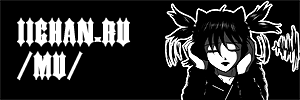the verb "be" is suppressed, which makes the sentence more informal, and brings the "t" and "y" sounds together.
What you talking about. Whacha
The "ou" sound in "you" isn't really "a" but rather a schwa, which is extremely common but is never written.
Exactly the same kind of process happened with the sound "d" which is the voiced equivalent of "t" -- the "d" followed by "y" becomes a "j" sound, the voiced equivalent of "ch". Here's a famous example:
"Jeet chet?" "No, jew?"
Did you eat yet? No, did you?

